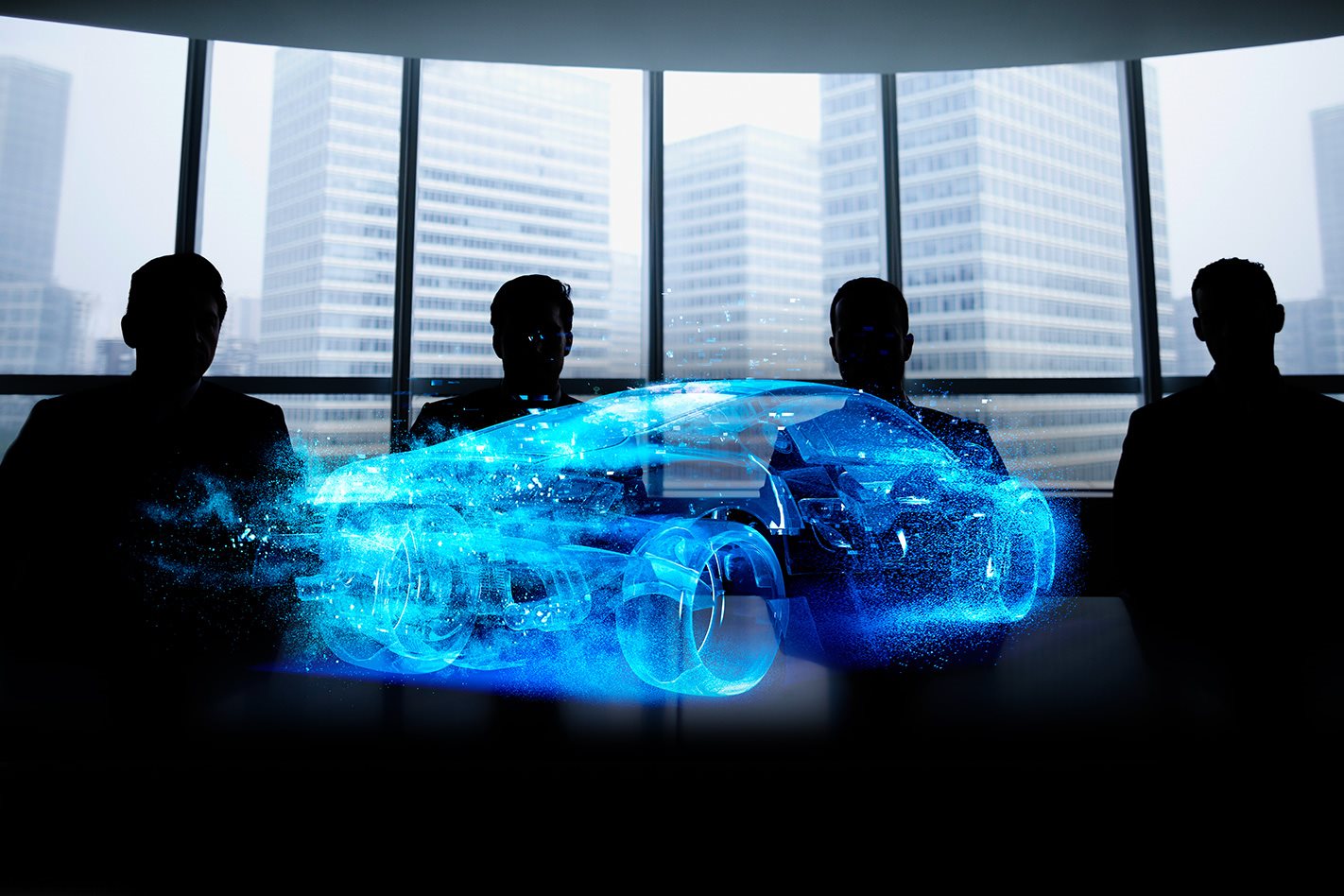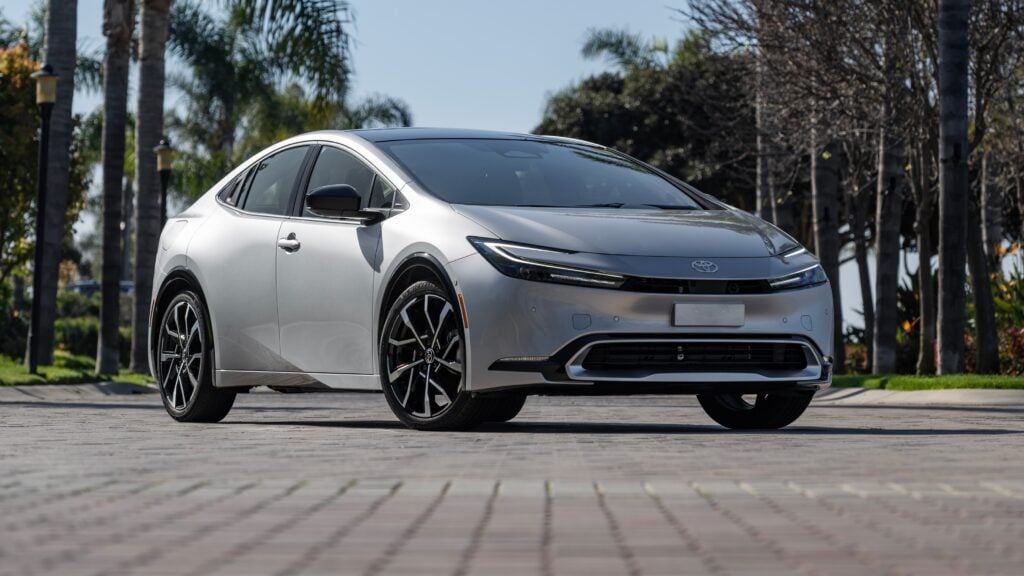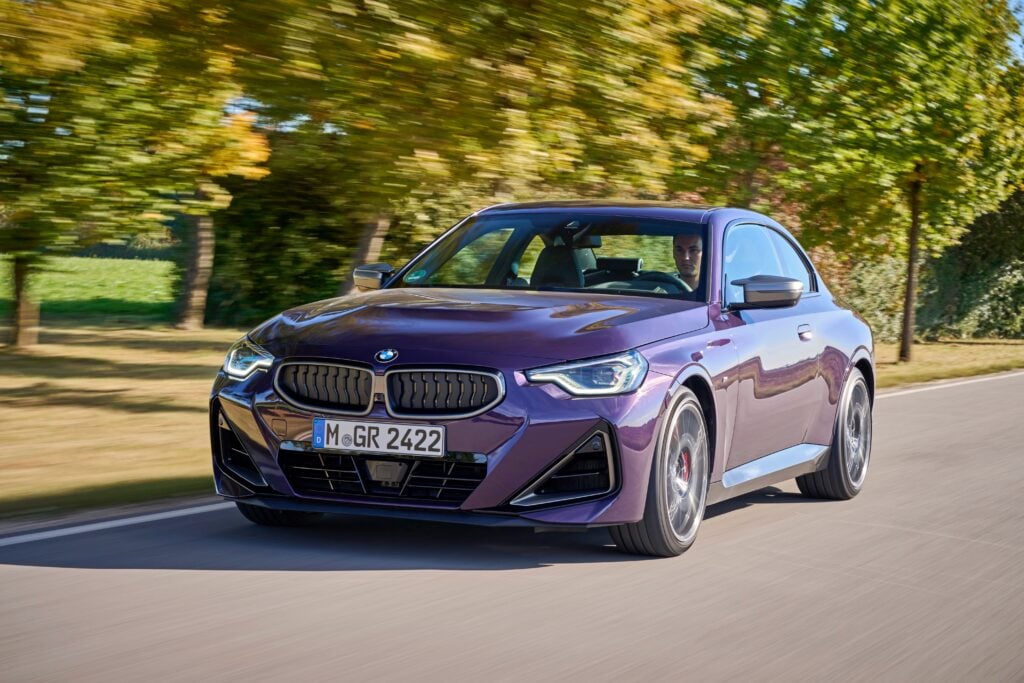EVERY YEAR for the last three years, the leaders of the global car industry and the most senior figures from the biggest technology companies have met for a one-day automotive version of the Davos summit in which they try to predict the future of the car.
They’re not obliged to keep the meeting secret but nobody seems to talk about it publicly; perhaps because the discussion is so searingly honest and revealing that if word got out, everyone would want in.
The conversation itself is secret, though.
To encourage the CEOs to talk freely about their fears for the future, the meeting is held under the Chatham House rule, which allows those attending to act upon what they learn but never to reveal the source of an individual idea or comment. I’m fortunate enough to have attended all three meetings, so I can’t tell you who said what, but I can tell you what they really think.

These issues are old news in the sense that any sensible CEO of a mainstream car maker is now totally committed to them, and progress is now largely down to their engineers and (in the case of higher levels of autonomy) the lawmakers. But there’s clearly a long way to go, so there’s still risk. There’s general acceptance that the mass-market brands which don’t get this right will pay with their existence, and that there will be casualties. When asked what he thought of the car bosses present at the meeting, one young tech pioneer said they were “dead men walking”.
What the bosses don’t yet know is what happens once EVs and autonomy are sufficiently widespread to begin changing the fundamentals of their industry. The growth of smartphones and fast mobile data networks make a perfect analogy. Like EVs and autonomy, they were an engineering challenge and continue to generate huge profits for the companies which got them right. But their real value lies in what we do with them. They’re the host for previously unthinkable phenomena like social media. Smartphones changed phones, but social media has changed the world.

He urged those attending to try to spot the unexpected consequences of the coming revolution, because that’s where the real value and danger of such disruption lies.
The trouble for the car industry is that men in suits in late middle-age are ill-equipped to spot these opportunities. They’re doing their best, but they know they’ll have retired long before this stuff really becomes a problem. Disruption requires something to disrupt, and that generally means big, hidebound organisations which have done things the same way for generations. The big car companies have countless billions of capital investment tied up in plants which cast engines and stamp out steel bodies and which no bugger wants to take over.
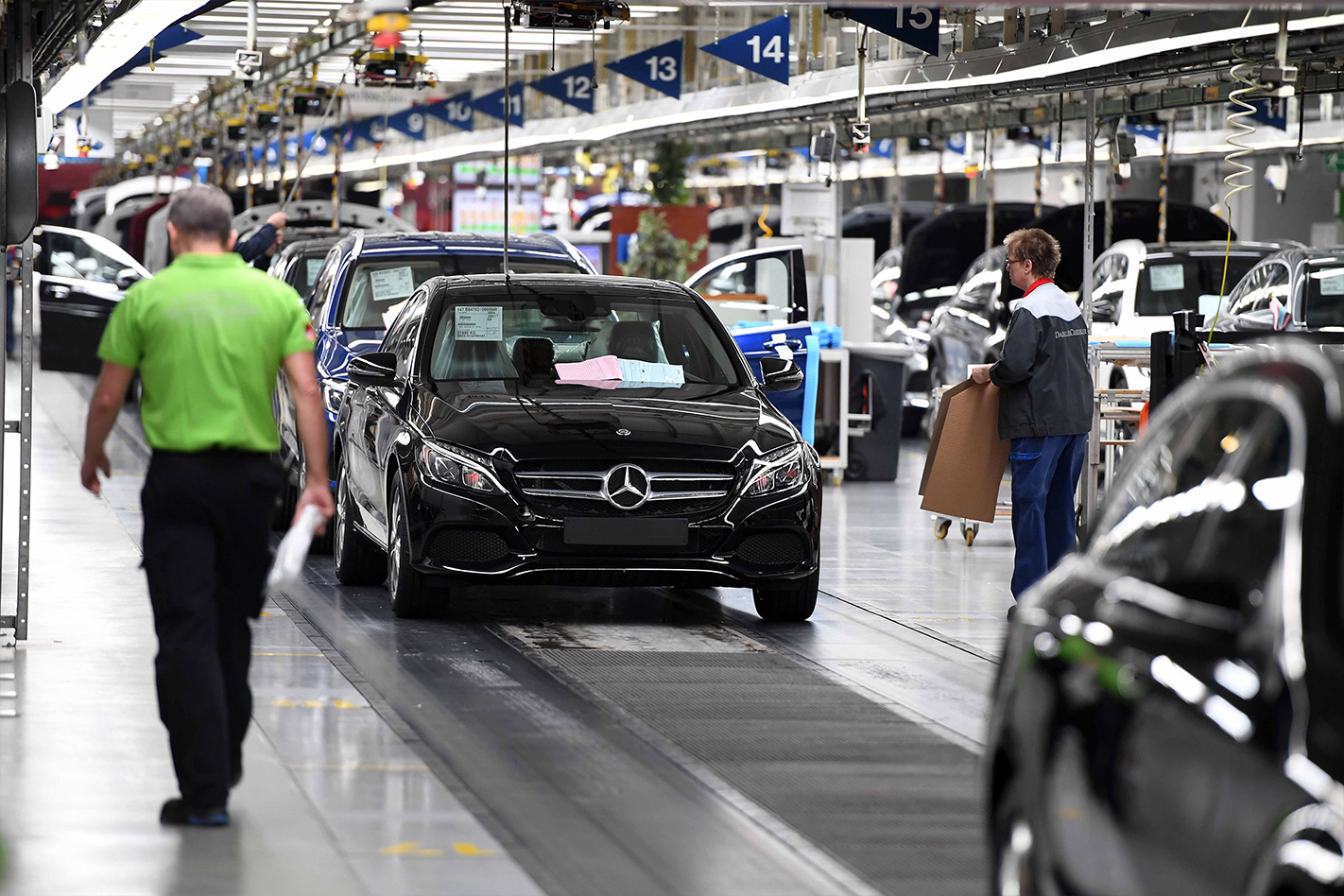
The CEOs can peer a little way into the future, and they really don’t like what they see. Once a car can be summoned, drive you to your destination and then be dismissed, the argument for buying your own starts to look thin. So bang goes your vast dealer network and the very profitable model of selling cars to individuals or businesses which then leave most of them standing idle for most of the time.
As one delegate said, Uber is just an autonomous car with a meat-based control algorithm, and in the cities where ride-hailing services are most established they are already demonstrably replacing not just conventional taxis, but car ownership in general. Nor do you really care who makes your Uber, or your train or your plane, so long as it’s safe, comfortable and reliable. So the ability of premium brands like Mercedes-Benz and BMW to charge more for what emerges from their factories also starts to diminish.

EVs are advancing rapidly: France and the UK plan to end sales of conventional combustion-powered cars by 2040, and Norway in just seven years, and there’s little disagreement that the tech will be ready by that later date. But the advance of autonomy is far less certain.
The shift to a world where the data our cars generate and the software that controls them are worth more than the industry that builds them will be governed by how quickly true autonomy can be implemented. We might see it at work by the early 2020s, but it will be a lot longer before it’s widespread in even the best-regulated cities, and a really long time before it’s good enough to cope with downtown Delhi.
And the carmakers are hardly ignorant of all this. They point out that they have been around for more than a century and weathered a few shocks in that time. They’re already software companies too, generating millions of lines of code each year. And if they have to, they’ll just buy the start-ups that have the best ideas: provided they can afford them.
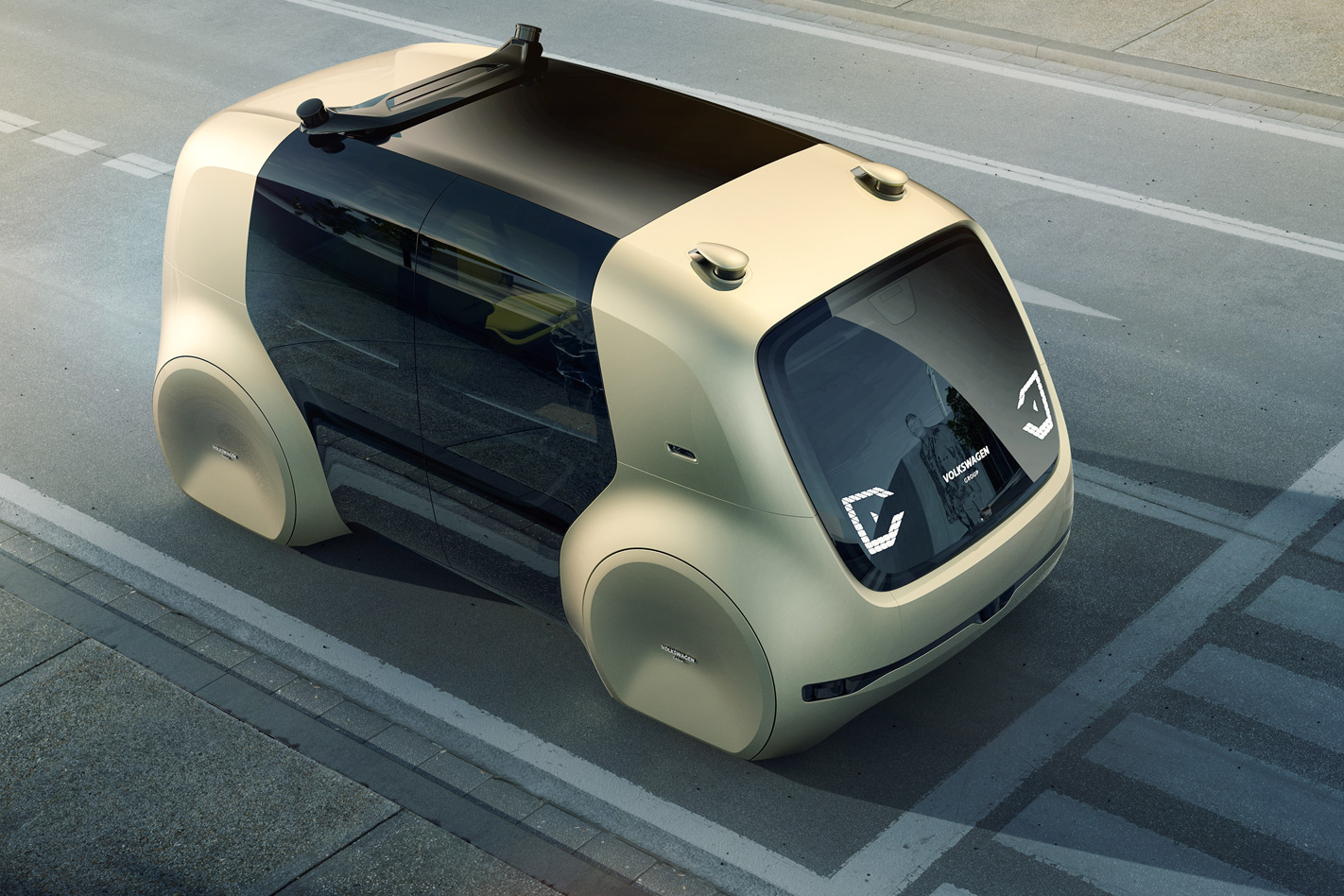
Who actually makes the iPhone? Not Apple. They’re mainly assembled by two Chinese companies called Foxconn and Pegatron. They do very nicely out of it, but they’re not Apple. Have you heard of them?
Probably not.
The US$15bn company you’ve never heard of
Mobileye encapsulates in one start-up pretty much everything that terrifies the carmakers.
It is a pure, ‘blue-sky’ new venture, established in Israel in 1999 and based on the doctoral research of its founder Amnon Shashua.
Its EyeQ chipset and controlling algorithm read the road via cameras and make the decisions essential for autonomy.
The system is so good that the carmakers are obliged to buy it and fit it to their cars: 15 million of them so far, around 80 percent of cars with advanced driver assistance systems. The company has now been bought by Intel in a deal which values it at US$15bn; not much less than Ferrari.
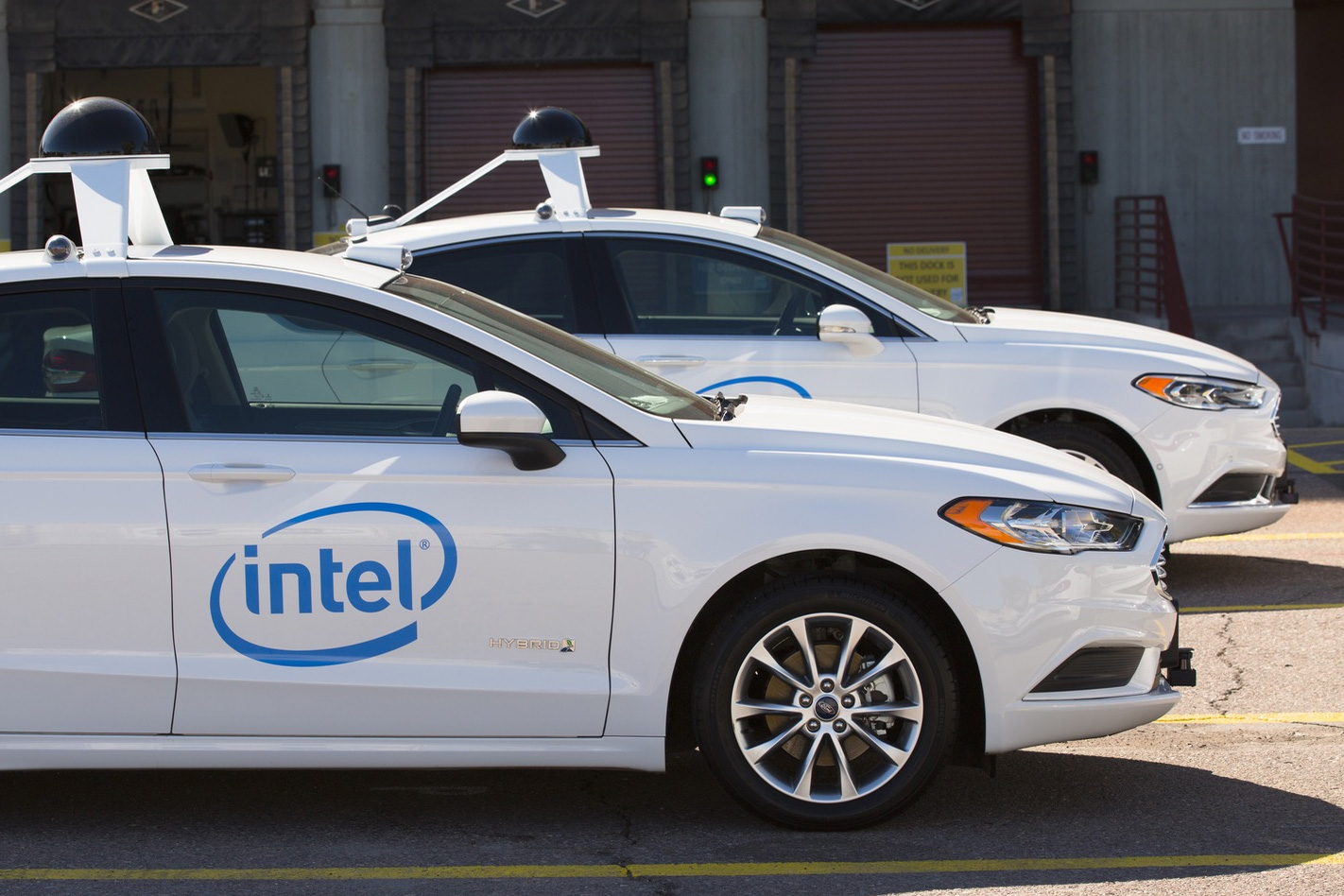
But crucially, Intel has bought itself the lead in the data race. Mobileye’s value isn’t in its systems, good as they are. It’s in the data they generate, which can be used for everything from optimizing traffic flows, to speeding the adoption of full autonomy by capturing and sharing every pothole.
Morgan Stanley reckons the market for automotive data will be worth US$750bn annually by 2030, while Intel estimates autonomy in general will be worth US$7tn by 2050. Mobileye has done deals with BMW and VW to share the revenue it generates from systems fitted to their cars.
But like passengers in an autonomous car, the carmakers aren’t in control.

